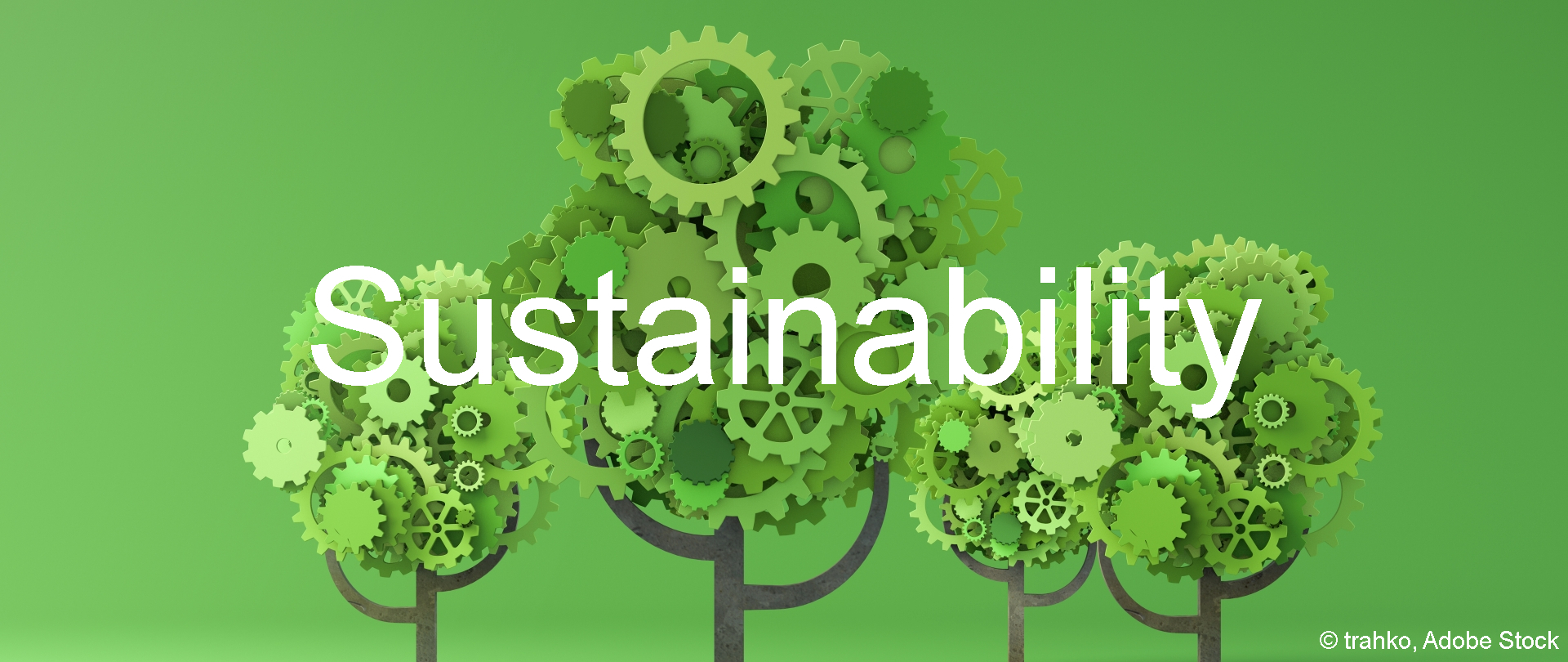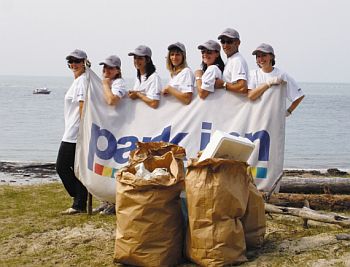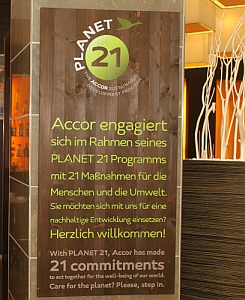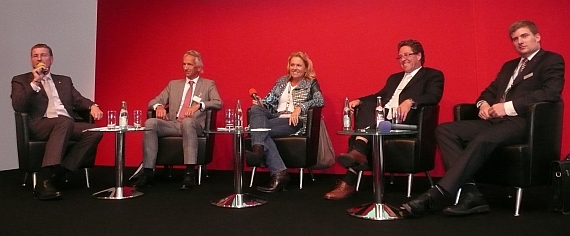
News & Stories
Hamburg. European real estate investors are seeking to put their sustainability activities on a broader footing. Today’s "green” strategies address the entire real estate portfolio.
Brussels. The subject of sustainability has developed from the smiled-upon activity of individuals to a mega-trend within the industry. The most important reason: Its sound implementation is significantly reflected in the company's success. Particularly for stock exchange listed chains, "sustainability" has become a firm standard. Therefore and beginning today, hospitalityInside.com is providing the strategies of global players on the matter of environmental protection and social responsibility in their core. To begin: The Rezidor Group. Their Scandinavian roots are of benefit to this subject: The staff members have already been carrying the concepts since the beginning of the nineties. In its core, the group-wide measures concentrate upon energy-saving measures at the individual hotels, on training and upon communication with customers. The group maintains the social and local touch through an annual campaign month worldwide.
Hamburg. At the end of June, Hamburg's tourism industry awarded six businesses with the Green Globe sustainability certificate. Hamburg Tourismus GmbH is the first certified tourism-marketing organisation in Europe.
Zurich. The Swiss hotel group Moevenpick has set itself a high goal: it wants to become the hotel business with the most "Green Globe" certificates in the world. Due to a sophisticated strategy, the group has nearly achieved its goal. Already at the ITB 2012, Moevenpick's COO Ola Ivarsson was able to announce the awarding of all 21 hotels in Europe by the certification institute. "We worked very hard," he said, and he adds: "The positive reactions and our staff's commitment were enormous." The sustainability programme of Moevenpick is based on the three pillars "environment", "social aspects" and "staff". The explicit inclusion of the staff is new in this way.
Paris/Berlin. As a pioneer in sustainability development, Accor decided last June to share its expertise and experience with all actors of the hospitality industry, through the program called “Earth Guest Research”. This sharing platform of knowledge allows since hoteliers around the world to access international reports and researches about customer feeling and experience when it comes to sustainability. After "Earth Guest Research", Accor improves its commitment to sustainable development by launching Planet 21 and confirms its leadership in this domain. Accor Group was the first getting involved in environment management in 1994.
Berlin. "Sharing saves money and spares the environment!" Dr. Michael Reinicke, Co-founder and Managing Director of carpooling.com packs a new, strong trend into this one sentence: "Collaborative Consumption". Behind it stands the "collaborative consumption" of things that one would like to have, but would not like to own - one shares them. And these days, this functions with the car while riding together and with home exchanges - thanks to the Internet. Only the efficient and secure mediation of the participants who would like to share produced a business model from the ecological approach. Behind carpooling.com stands a European-wide network surrounding the former portal, mitfahrgelegenheit.de. Its success leads one to think - and could make hoteliers partners.
Frankfurt. The subject of sustainability is on everyone's lips, but who specifies what makes sense or what is senseless? The German Hotel Association attempted to bring light to the ecological jungle at the "Heimtextil" trade show in Frankfurt. The hotel association was additionally supported by Susanne Kraus Winkler, Vice President of the European umbrella organisation, HOTREC, and the Duesseldorf hotelier, Otto Lindner, among others. Kraus Winkler clarified immediately: "Hotrec will not develop its own seal for the industry." Rather it is the job of your association to critically review existing initiatives and openly state recommendations. Hotelier, Otto Lindner, warned about actionism and senseless expenditures.
Nuremberg. When it comes to sustainable consumption, considerations of cost and use generally outweigh concern for the environment. However, in other areas, such as waste disposal/recycling, Germans have a decidedly higher awareness of green issues. Also mobility and tourism were a subject of the survey, but answer show different directions.
Munich. Since 2007, there have been more people living in cities than in the country. In 2010, the UN estimated 57.2 percent, and by 2030, 60.2 percent will be living in cities. This development calls for a completely revised city and infrastructure planning that will also include the hotel industry. The “Green City Index” is an initial guide to emission-free or emission-reduced cities. However, hotel management agreements running for 15 to 25 years and longer do not have any space for “green” issues yet. The entire real estate development industry will have to rethink their strategy. Conversely, hoteliers who have understood this and are already willing to construct emission-free buildings face massive bureaucratic obstacles in cities.
Lille. After obtaining the French trademark "Quality Tourism", the label "Green Key" and a third star in 2010, the Comfort Hotel Lille Tourcoing in northern France introduces its first eco-sustainable room in Europe.






